Nutritional Deficiencies and Dry Mouth

Dry mouth, medically known as xerostomia, is a prevalent condition characterized by reduced saliva flow. It affects approximately 20% of adults, significantly impacting their quality of life and oral health. While dry mouth can arise from various causes such as medications and medical conditions, emerging research highlights the role of nutritional deficiencies in contributing to this condition.
Importance of Saliva in Oral Health
Saliva plays a crucial role in maintaining oral health by lubricating the mouth, clearing away food debris, and combating bacteria and cavities. Inadequate saliva flow not only makes speaking, swallowing, and tasting difficult but also increases the risk of tooth decay, gum disease, and fungal infections. For more information on types of Saliva click here.
The Role of Nutritional Deficiencies
Vitamins and Minerals Implicated in Dry Mouth
Nutritional deficiencies, particularly in certain vitamins and minerals, can adversely affect salivary gland function, exacerbating dry mouth symptoms. Here are some key nutrients involved:
| Nutrient | Function | Impact on Dry Mouth |
|---|---|---|
| Vitamin B2 | Supports saliva production; reduces inflammation | Deficiency may lead to reduced saliva production and mouth inflammation. |
| Vitamin B6 | Essential for healthy salivary gland function | Inadequate levels can limit saliva flow. |
| Vitamin A | Maintains moisture in mucosal cells | Deficiency may result in dry, uncomfortable oral tissues. |
| Iron | Supports structural development of salivary glands | Inadequate iron levels may impact saliva production. |
| Zinc | Necessary for taste perception and saliva secretion | Deficiency can affect saliva composition and secretion. |

Contributing Factors to Nutritional Deficiencies
Nutrient deficiencies can stem from various causes, including inadequate dietary intake, malabsorption issues, or medications that deplete micronutrient stores. Identifying specific deficiencies through blood tests is essential for tailored treatment.
Managing Dry Mouth Associated with Nutritional Deficiencies
Evaluation and Diagnosis
Dry mouth should be evaluated by a healthcare professional to determine underlying causes. This may involve oral examinations and sialometry tests to assess salivary flow, ruling out autoimmune conditions, medication side effects, and other disorders before addressing potential nutritional factors.
Dietary Strategies
Addressing nutritional deficiencies can alleviate dry mouth symptoms. A balanced diet rich in fruits, vegetables, lean proteins, and whole grains ensures adequate intake of essential vitamins and minerals. Foods high in iron, zinc, B vitamins, and vitamin A are particularly beneficial.
Lifestyle Modifications
Increasing water intake helps stimulate saliva production, while avoiding caffeine, alcohol, acidic, or sugary foods can prevent mouth irritation. Nutritional supplements may be prescribed by healthcare providers to correct deficiencies.
Oral Hygiene and Symptomatic Relief
Proper oral hygiene practices and management of other medical conditions are crucial for controlling dry mouth symptoms. Saliva substitutes and oral moisturising gels can offer additional relief.

At-Home Recommendations to help with Common Vitamin Deficiencies
| Vitamin | Deficiency Symptoms | At-Home Management Strategies |
|---|---|---|
| Vitamin D | Fatigue, bone pain, weakened immune system | 1. Sun exposure 2. Dietary sources: fatty fish, fortified dairy, egg yolks 3. Supplements under healthcare guidance |
| Vitamin B12 | Fatigue, weakness, tingling in extremities | 1. Dietary sources: meat, fish, eggs, dairy 2. Fortified foods, like cereals 3. Sublingual supplements, injections if severe |
| Vitamin C | Easy bruising, slow wound healing, frequent infections | 1. Citrus fruits, bell peppers, broccoli 2. Supplements if needed |
| Vitamin A | Night blindness, dry skin, frequent infections | 1. Colourful fruits/veggies, liver in moderation 2. Supplements under healthcare guidance |
| Vitamin E | Muscle weakness, vision problems, impaired immune function | 1. Nuts, seeds, vegetable oils 2. Supplements under healthcare guidance |
| Vitamin K | Excessive bleeding, bruising, weakened bones | 1. Leafy greens, fermented foods 2. Supplements under healthcare guidance if necessary |
Dry mouth is a multifactorial condition, and nutritional deficiencies can significantly contribute to its development. Identifying and addressing these deficiencies through dietary adjustments, supplementation, and appropriate medical management can effectively alleviate symptoms. Consultation with medical and dental professionals is essential for accurate diagnosis and personalized treatment.
For more information on related topics, visit:

Sense Hero
Sense Hero mouth Spray UK: Quick Fix for Dryness, Vapers Tongue and Palate Cleansing
View full details


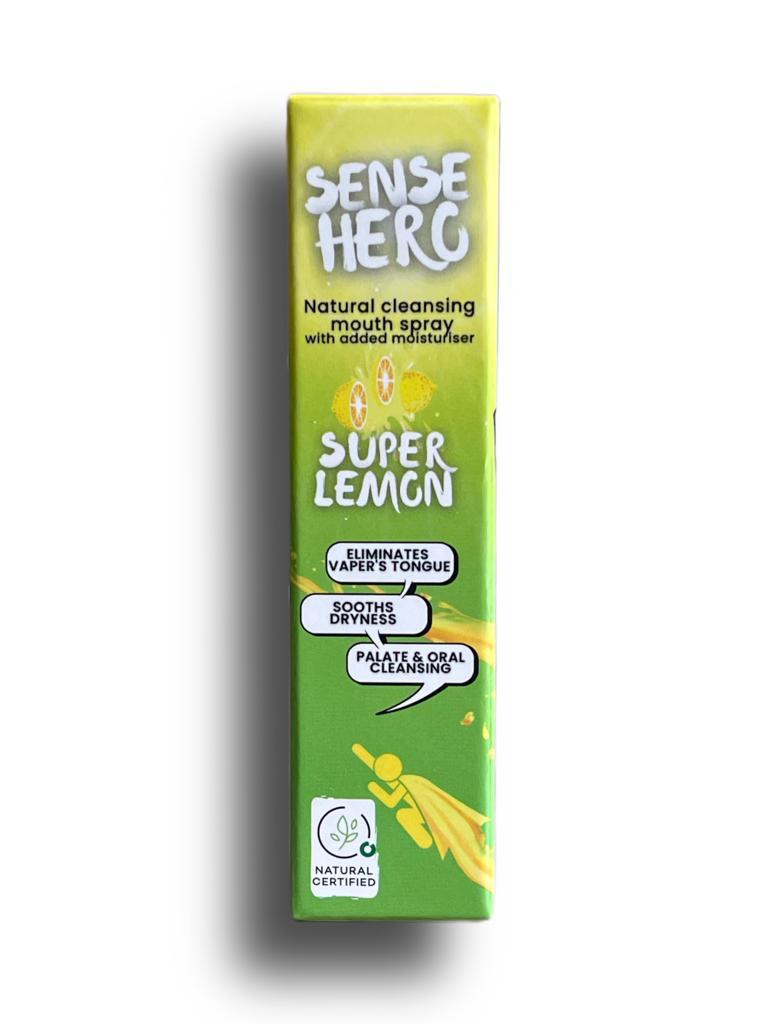
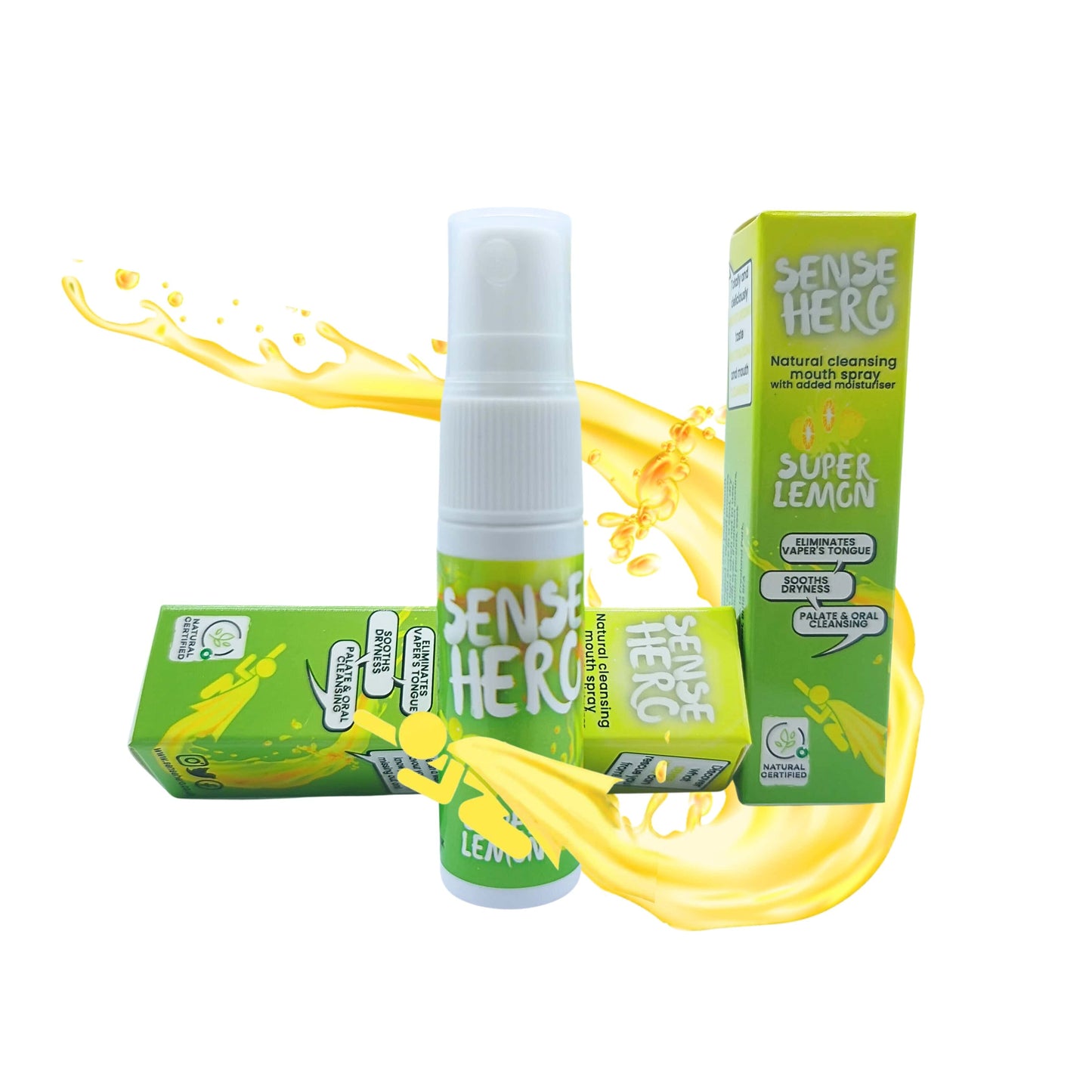
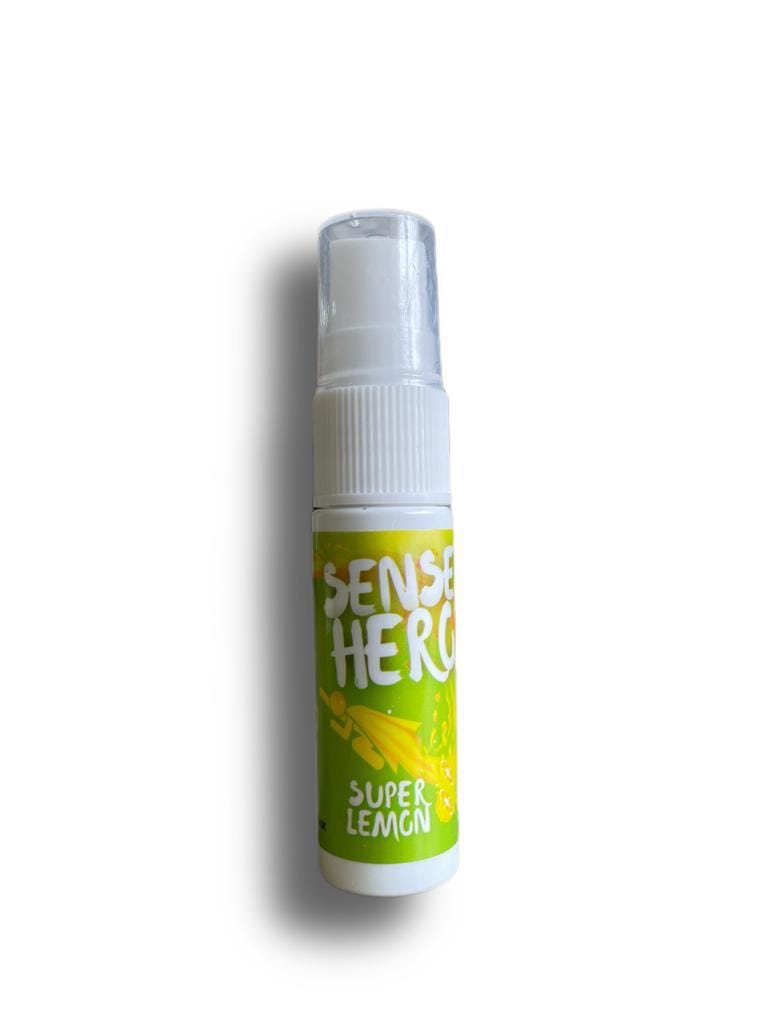
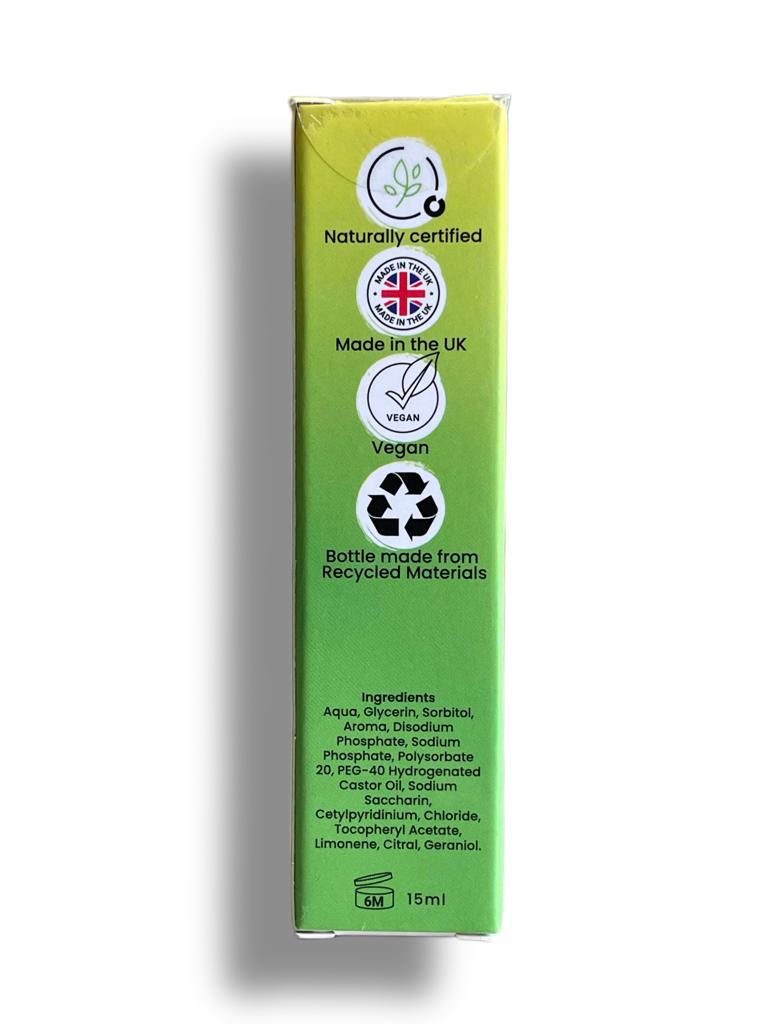

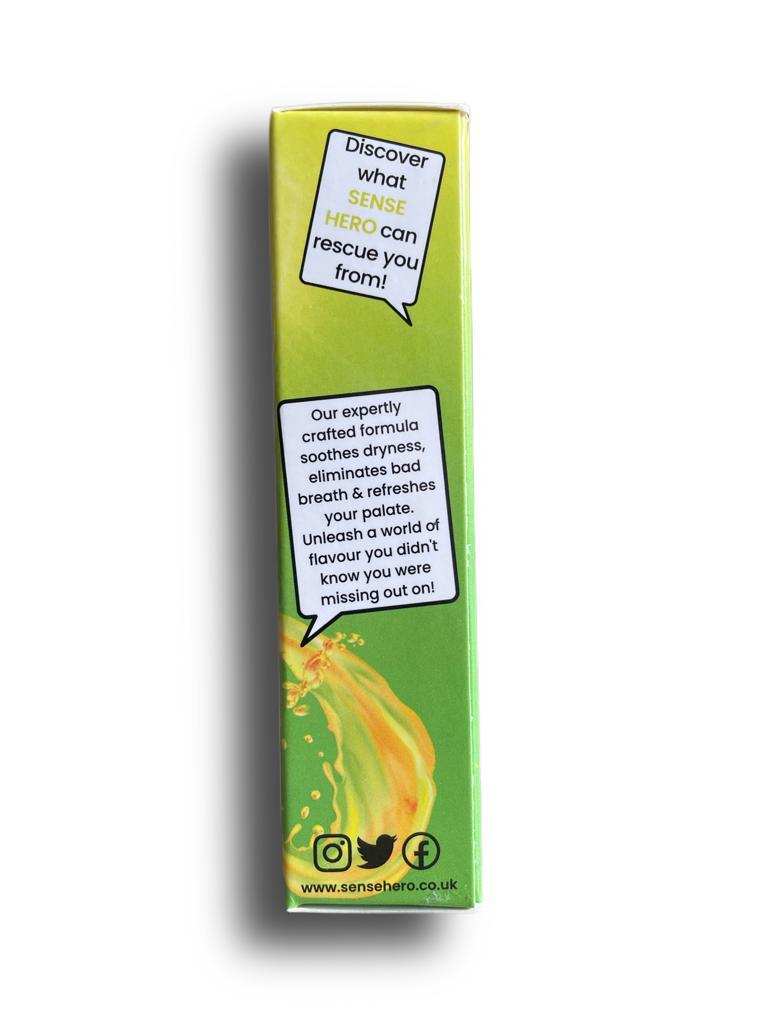
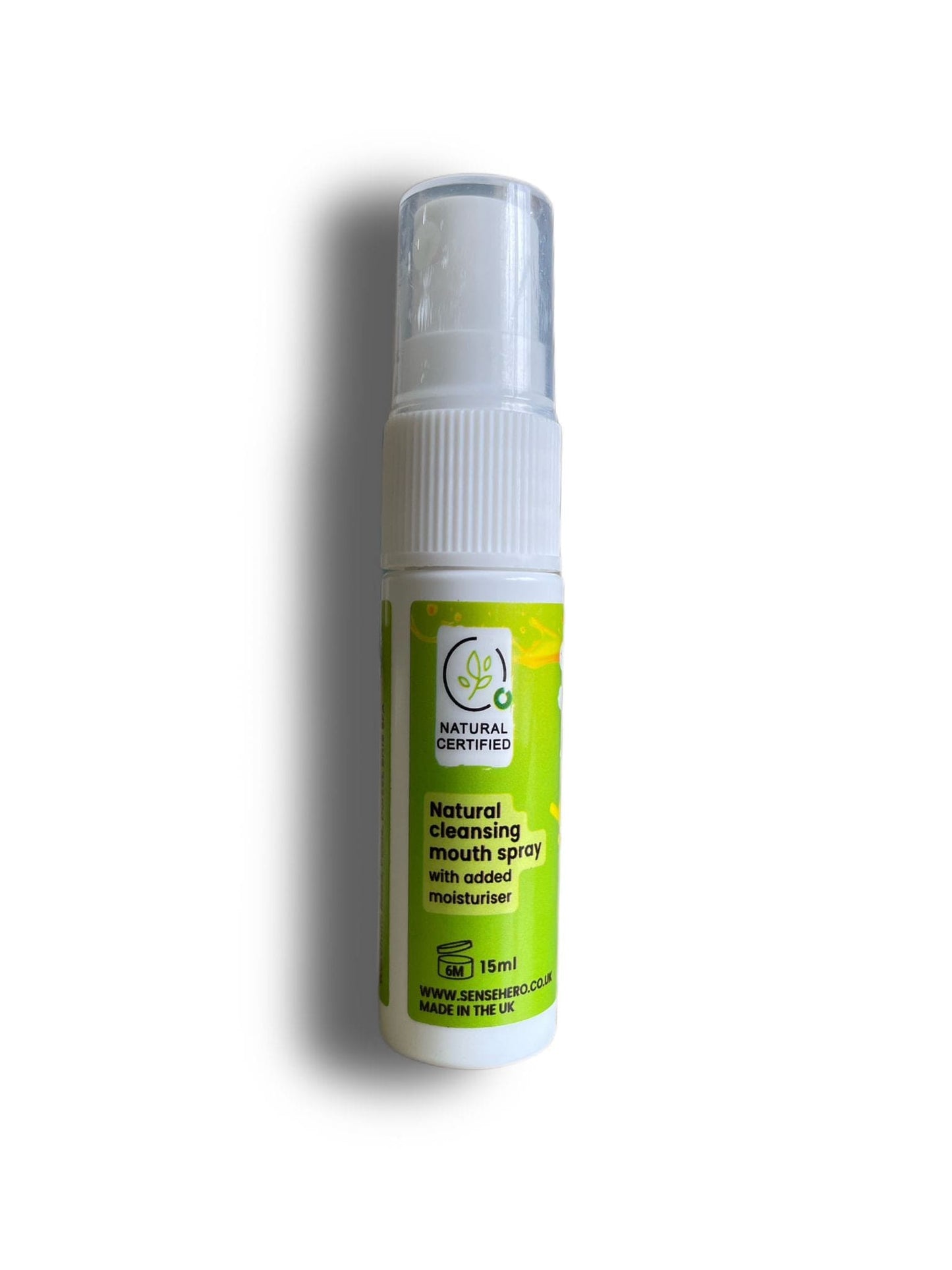


Sense Hero spray is not a medicinal product and is not intended to diagnose, treat, cure, or prevent any disease. Sense Hero Spray is designed for personal comfort.


